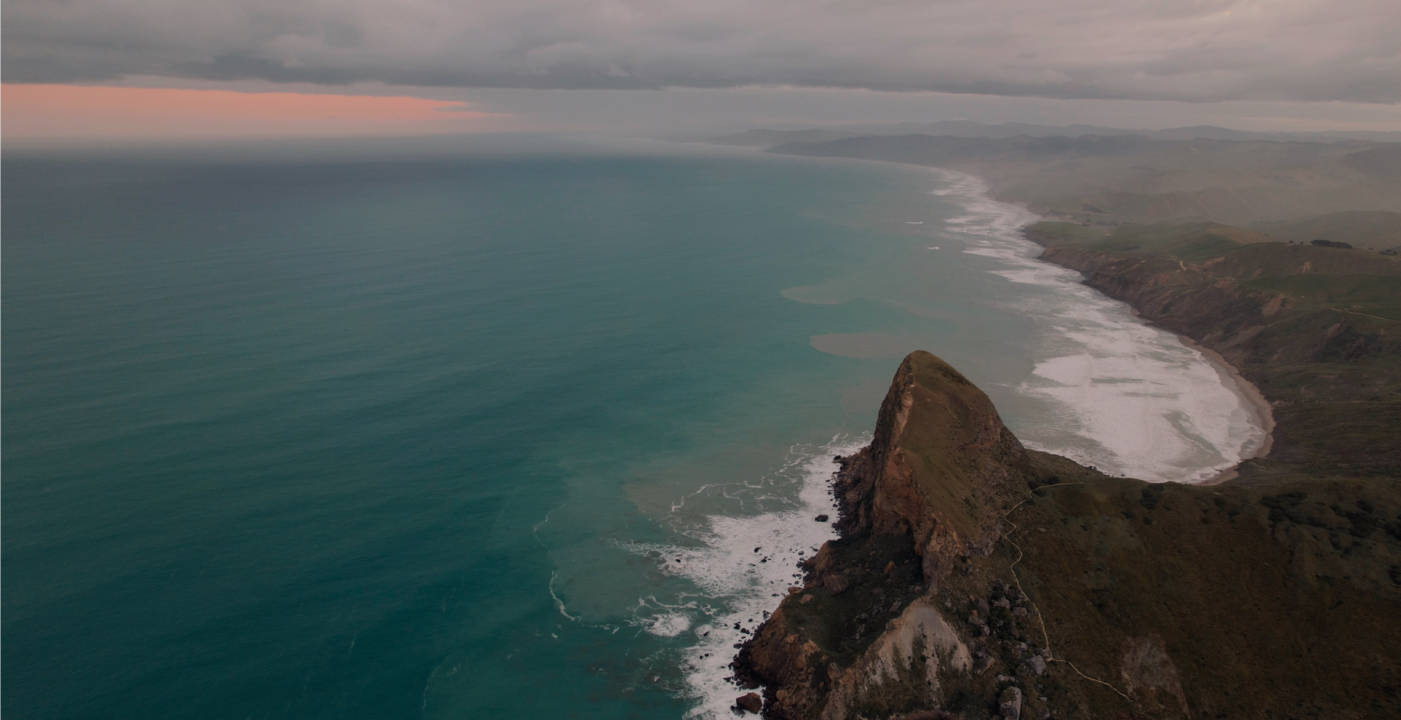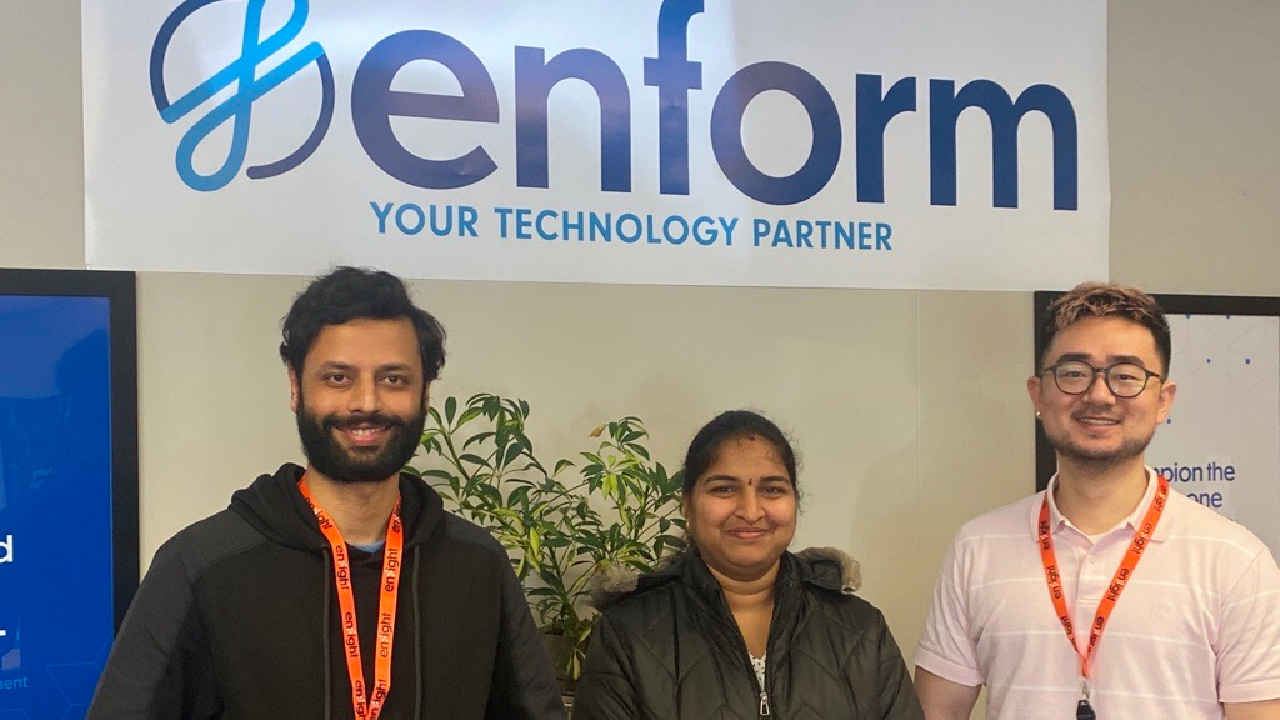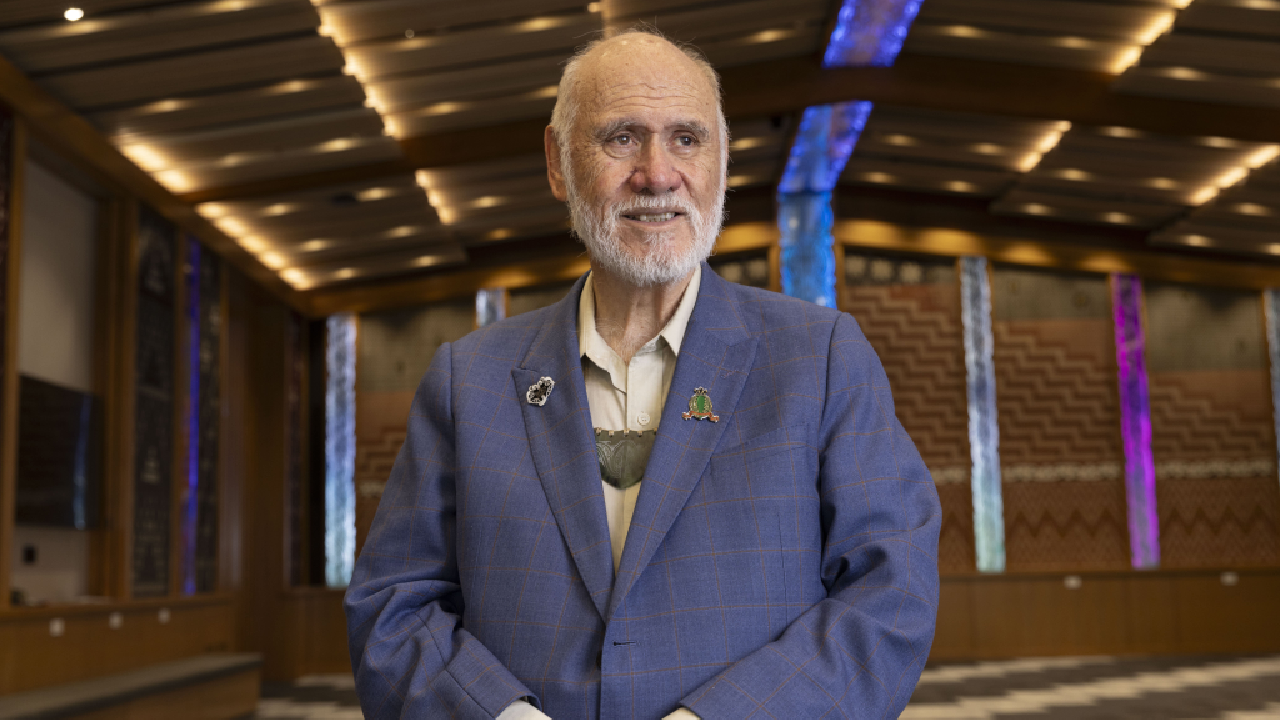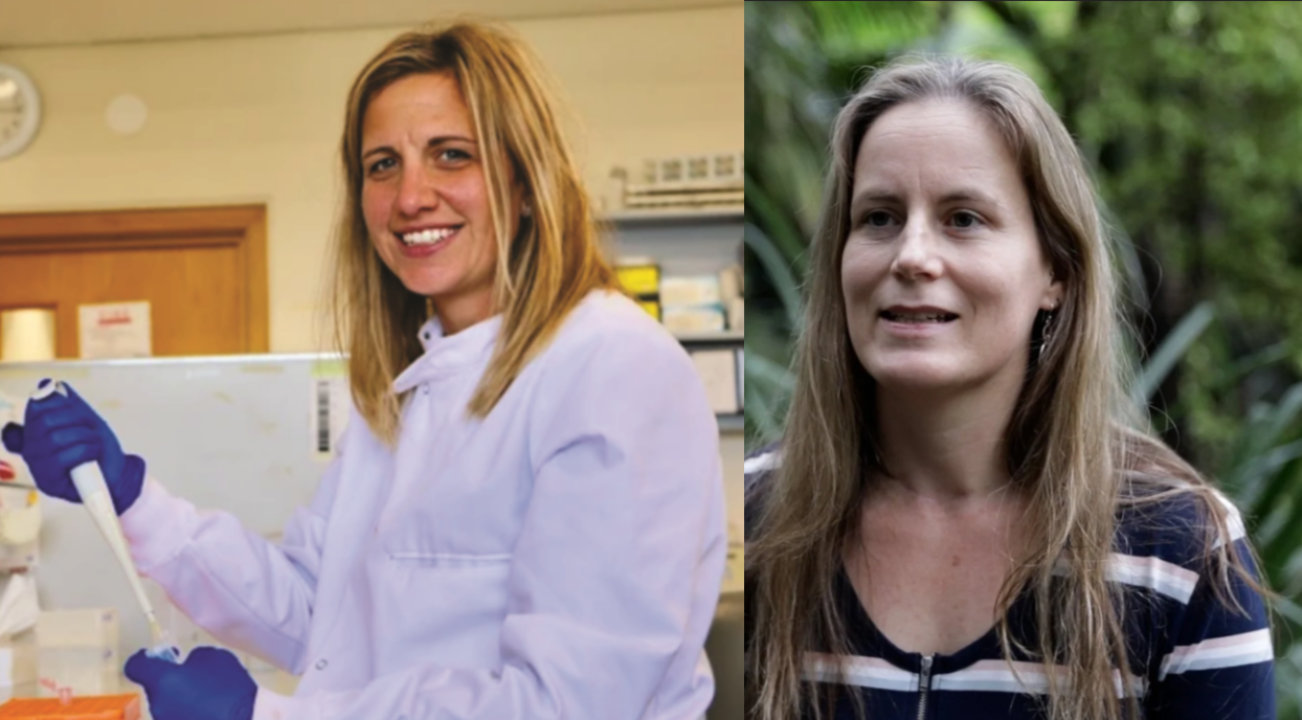University of Waikato PhD student Léa Cassé has earned international recognition for her team’s quantum computing-powered project aimed at improving insurance for communities exposed to flooding.
As winners of the World Bank Climate Risk Challenge, Léa and her team presented their prototype at the Quantum World Congress in Washington, DC this month.
The team’s winning idea combines two cutting-edge approaches from quantum computing: one designed to forecast rainfall and river levels up to 48 hours in advance, and one that optimises insurance portfolios and prices dynamically.
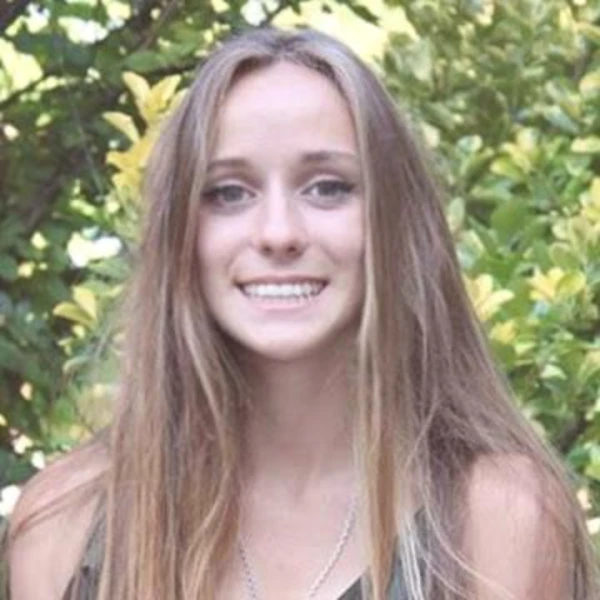
AI Institute and University of Waikato PhD student Léa Cassé.
Designed with climate resilience in mind, the tool offers a timely solution as extreme weather events become more frequent and severe both in New Zealand and worldwide.
The AI Institute student says traditional insurance models struggle with the rising frequency and intensity of extreme events.
“Our approach allows accurate short-term flood forecasting as well as automatic and objective payouts, avoiding long claims processes. This will improve resilience for communities and farmers who will gain timely protection.”
Léa, whose PhD explores quantum models for environmental data streams, focused on forecasts. The initiative uses advanced forecasting to help communities prepare for floods. The system predicts heavy rainfall and river surges up to two days ahead, giving local areas vital time to respond and reduce damage.
Quantum computing is a new kind of computing that uses the rules of quantum physics to process information in new ways.
The team, called DelphiQ, is composed of team lead Jacinta May from University of Sydney, Griffith University’s Sabarikirishwaran Ponnambalam, Nicolas De Matteis from UNSW and Léa who is doing a dual PhD focusing on Quantum machine learning techniques with University of Waikato and École Polytechnique in Paris.
The project was developed with the help of the TAIAO programme which is a University of Waikato-led data science programme funded by the Ministry of Business, Innovation and Employment.
Léa says winning means the project was recognised as the most promising quantum-enabled approach to climate risk insurance.
“It gives us visibility at a global level, access to hardware providers and investors, and an opportunity to engage with policymakers at Quantum World Congress.”
It is a product that in time could help those in New Zealand.
“Flooding is a pressing issue here. Our prototype could help insurers in New Zealand move towards parametric climate insurance, where payouts are triggered automatically when rainfall or river thresholds are exceeded.
“By predicting local flood risk with quantum-enhanced models, insurers can reduce the ‘basis risk’ (the gap between payout triggers and real damages) and design more inclusive, faster policies.”
Léa says to their knowledge it’s the first prototype combining quantum forecasting with quantum optimisation for climate insurance. There are classical actuarial and AI approaches, and some experimental uses of quantum for finance.
The team plans to extend the scope of the protype to other hazards, Léa says, for example frost prediction in agriculture in Australia, where farmers could benefit from fast-trigger insurance to protect crops.
Léa says they’ve been working on the project for the challenge since late April, but the underlying algorithm (the QRU) has been part of her PhD research since March 2024.
Having always been passionate about quantum physics, Léa was fascinated by how abstract and counterintuitive it is.
“What excites me now is applying those ideas to real-world problems like climate resilience. Quantum AI is, to me, the most concrete way to turn this ‘strange’ science into tangible societal benefits.”
Washington DC will bring the opportunity to meet stakeholders and see how the project resonates with insurers and investors, but for Léa, her research comes first.
"My top priority remains my PhD thesis. I want to keep my focus on completing the research properly. I’m keeping some distance before committing to further commercialisation, to ensure I can finish my doctoral work first.”
